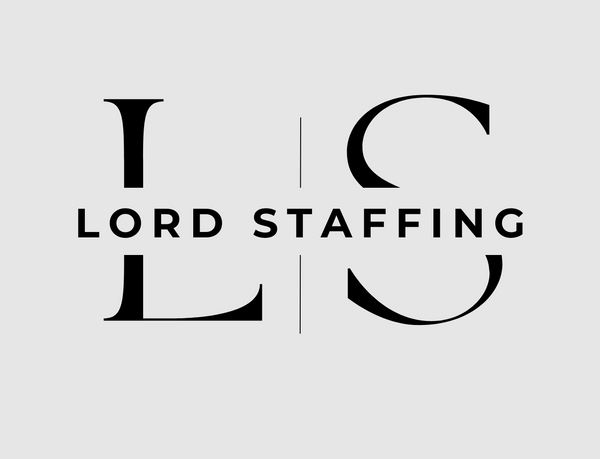When it comes to education, parents have the option to choose between homeschooling and traditional schooling for their children. Both approaches have their own sets of advantages and disadvantages, and the decision can be influenced by various factors such as personal values, lifestyle, and the needs of the child. Let's delve into the pros and cons of homeschooling versus traditional schooling to help parents make an informed decision.
Homeschooling: Pros:
1. Personalized Learning:
Homeschooling allows for a customized curriculum tailored to the individual needs, interests, and learning styles of each child.
2. Flexible Schedule:
Homeschooling offers flexibility in scheduling, allowing families to create a learning routine that fits their lifestyle and accommodates other commitments.
3. Stronger Family Bonds:
Homeschooling provides opportunities for increased family bonding and closer relationships as parents actively participate in their child's education.
4. Safe Learning Environment:
Homeschooling offers a safe and nurturing environment free from the distractions and pressures often found in traditional school settings.
5. Individualized Attention: Homeschooling enables children to receive one-on-one attention from parents, fostering deeper understanding and mastery of academic concepts.
Cons:
1. Lack of Socialization:
Homeschooled children may have fewer opportunities for socialization with peers, although participation in extracurricular activities and community groups can mitigate this.
2. Limited Resources:
Homeschooling parents may have limited access to resources, facilities, and specialized instructors compared to traditional schools.
3. Time Commitment:
Homeschooling requires a significant time commitment from parents, who serve as the primary educators and are responsible for lesson planning, teaching, and assessment.
4. Potential Isolation:
Homeschooled children may feel isolated from their peers or miss out on the social aspects of traditional schooling, although efforts can be made to provide social opportunities.
5. Financial Costs:
Homeschooling may incur additional costs for curriculum materials, resources, and extracurricular activities, although there are ways to homeschool on a budget.
Traditional Schooling:
Pros:
1. Socialization:
Traditional schooling provides ample opportunities for socialization with peers, fostering interpersonal skills, teamwork, and collaboration.
2. Access to Resources:
Traditional schools offer access to resources, facilities, and specialized instructors, including libraries, laboratories, and extracurricular programs.
3. Diverse Learning Environment:
Traditional schools provide exposure to diverse perspectives, cultures, and experiences, enriching the learning environment and promoting tolerance and understanding.
4. Accredited Curriculum:
Traditional schools typically follow accredited curriculum standards, ensuring consistency and quality in education.
5. Preparation for Real World:
Traditional schools provide opportunities for students to develop independence, resilience, and adaptability in preparation for the real world.
Cons:
1. Lack of Flexibility:
Traditional schooling follows a rigid schedule and structure, offering limited flexibility for students and families.
2. Standardized Learning:
Traditional schools may focus on standardized testing and curriculum, limiting opportunities for personalized learning and creativity.
3. Limited Individual Attention:
In a traditional classroom setting, teachers must divide their attention among multiple students, making it challenging to provide individualized support and instruction.
4. Risk of Bullying:
Traditional schools may have issues with bullying and peer pressure, which can negatively impact students' well-being and academic performance.
5. Potential for Distractions:
Traditional schools may be prone to distractions and disruptions, affecting students' focus and engagement in learning.
Conclusion:
Both homeschooling and traditional schooling offer distinct advantages and disadvantages, and the decision ultimately depends on the unique needs and preferences of the child and family. Homeschooling provides personalized learning, flexibility, and stronger family bonds but may require a significant time commitment and lack socialization opportunities. Traditional schooling offers socialization, access to resources, and preparation for the real world but may lack flexibility and individualized attention. By weighing the pros and cons of each approach, parents can make an informed decision that best suits their child's educational needs and goals.

